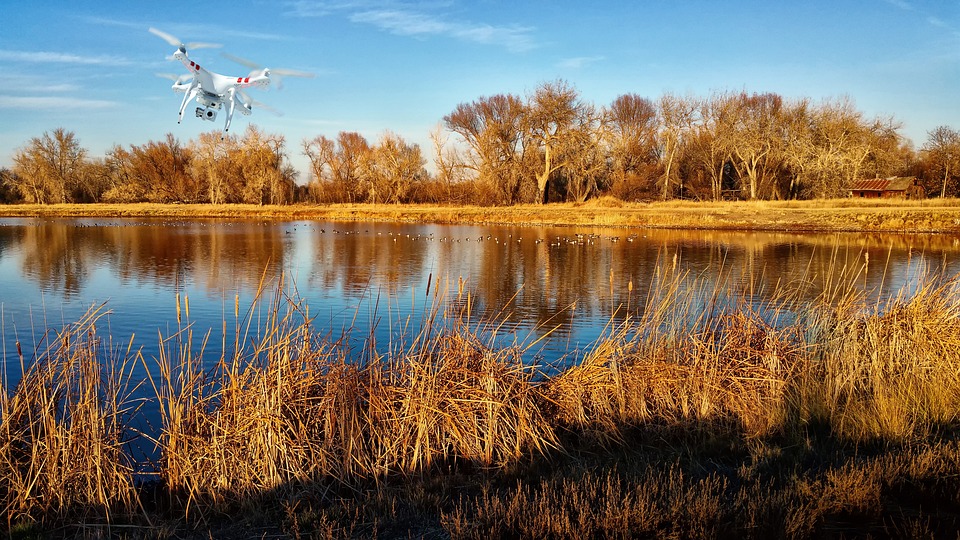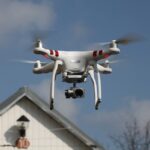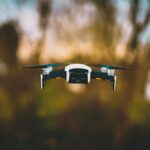Navigating Drone Regulations: What Pilots Need to Know
As the popularity of drones continues to rise, so do the regulations surrounding their use. As a drone pilot, it is crucial to stay informed and up to date on the rules and guidelines set forth by aviation authorities to ensure safe and legal operation of your aircraft. Here are some key things pilots need to know when navigating drone regulations.
Registration: In many countries, drone pilots are required to register their aircraft with the aviation authority before flying. This process typically involves providing information on the make and model of the drone, as well as the pilot’s contact information. Failure to register a drone can result in fines or other penalties, so it is important to comply with this requirement.
Flight restrictions: There are certain areas where drones are not allowed to fly, such as near airports, military bases, and other sensitive locations. Pilots must adhere to these restrictions to avoid putting themselves and others at risk. Additionally, some areas may have specific regulations in place regarding drone flight, such as altitude limits or no-fly zones. It is important for pilots to familiarize themselves with these rules before taking to the skies.
Remote identification: In an effort to improve safety and accountability in the skies, some countries have implemented remote identification requirements for drones. This technology allows authorities to track and identify drones in real-time, making it easier to enforce regulations and ensure compliance. Pilots should be aware of any remote identification requirements in their area and ensure their aircraft is equipped with the necessary technology.
Licensing and certification: Depending on the size and purpose of the drone, pilots may be required to obtain a license or certification to operate their aircraft legally. This is especially true for commercial drone operators, who must often undergo training and testing to demonstrate their knowledge and proficiency. Pilots should research the licensing requirements in their country and take the necessary steps to comply with these regulations.
Insurance: In the event of an accident or incident involving a drone, having insurance coverage can provide protection and financial support. Some countries may require drone pilots to carry liability insurance as part of their registration or licensing process. Pilots should consider obtaining insurance to protect themselves and their assets in the event of unforeseen circumstances.
Overall, navigating drone regulations can be a complex and sometimes daunting task. However, by staying informed and following the rules set forth by aviation authorities, pilots can ensure a safe and legal operation of their aircraft. Whether flying for recreational or commercial purposes, it is important for drone pilots to prioritize safety, compliance, and responsibility in their operations.





